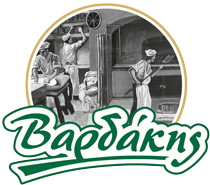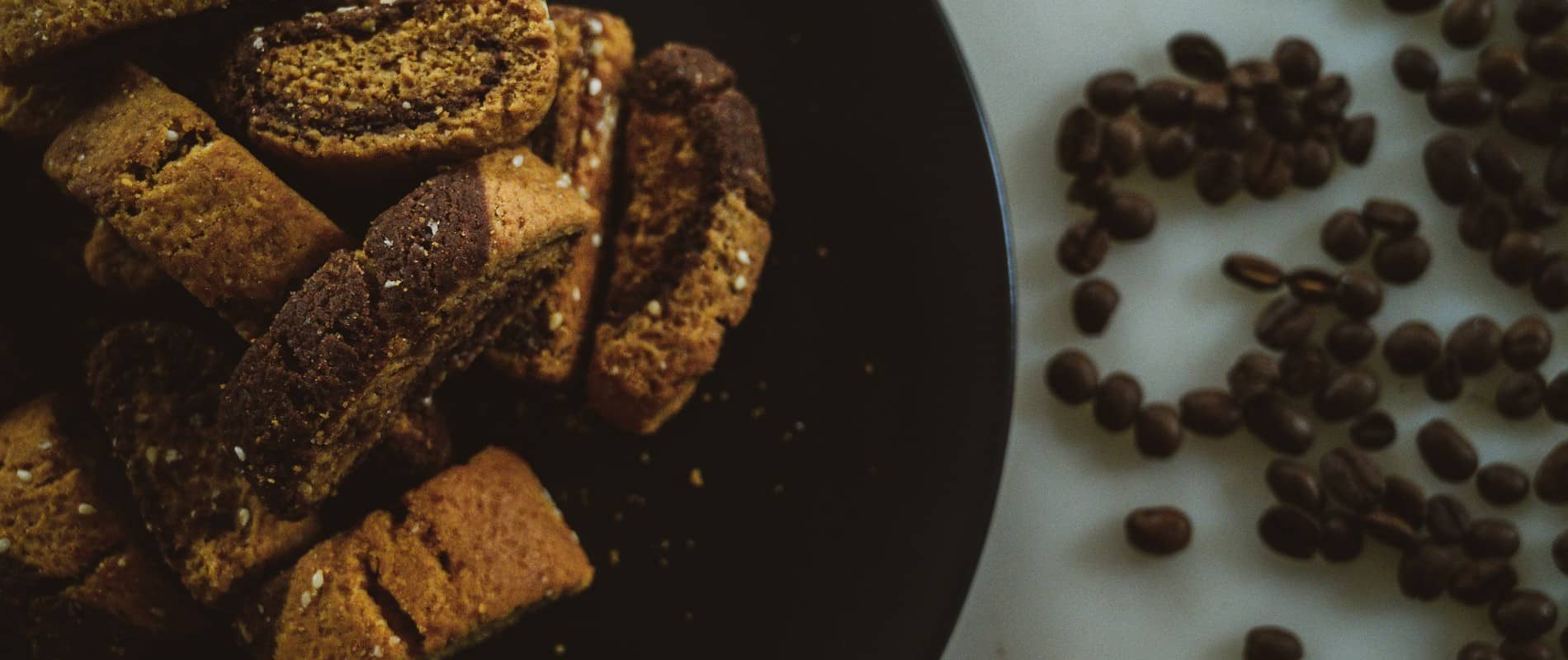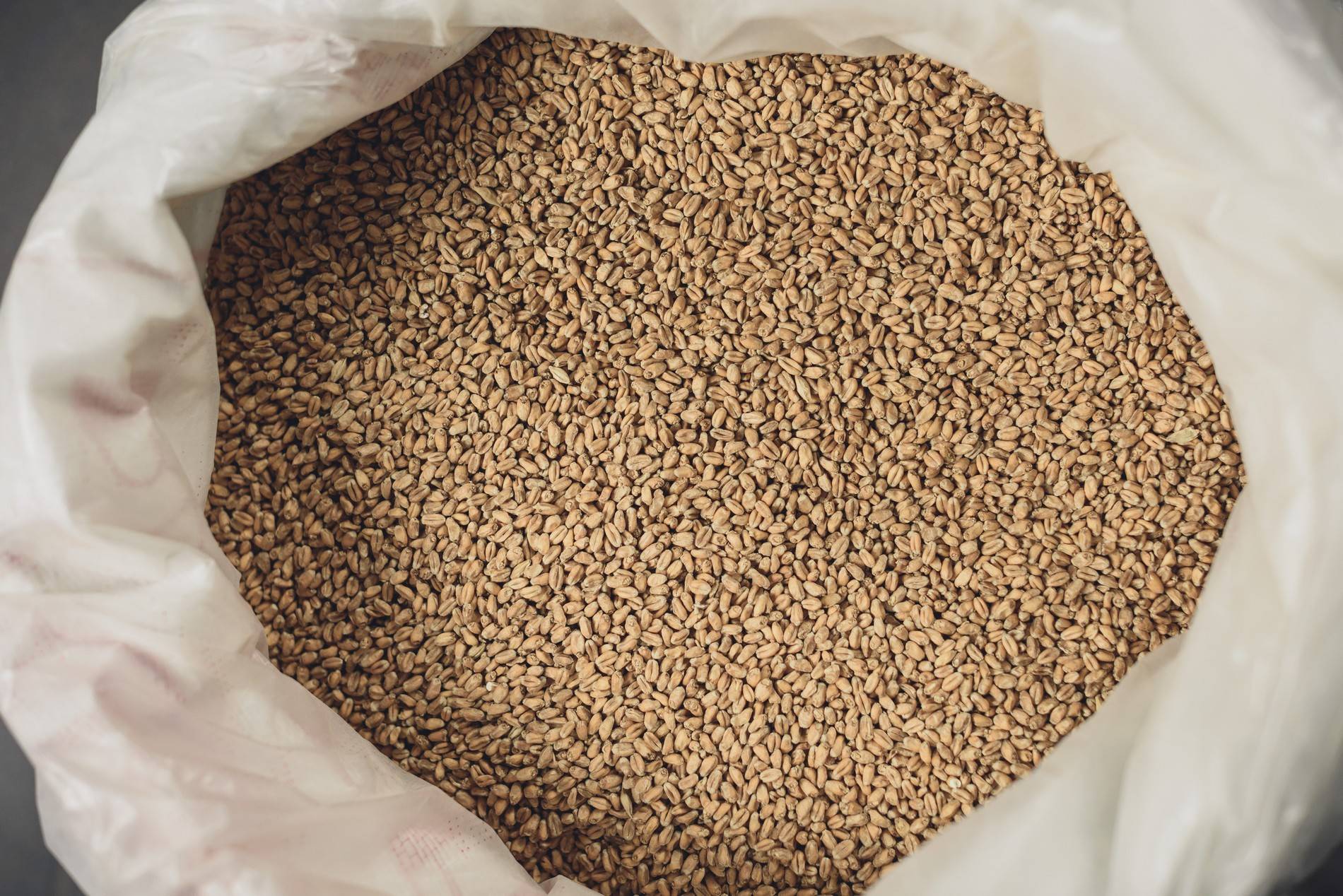MARKET IMPACT
Our business has always been following innovative methods but always in cooperation with local flour mills. The sour dough is prepared with 100% natural procedure 8 hours in advance so at to achieve optimum quality of the product.
We make sure to inform our customers about the nutritional value of the barley so as to establish a relationship of trust with them. After 50 consecutive years in this market field Vardakis barley rusk is an inseparable part of the history of Cretan diet
QUALITY ASSURANCE
We did not arbitrarily state that our nut stood out from the first moment, since from the first year of its production (1970) it received a special mention from the State Chemistry. Proof that we have remained faithful to the recipe and the pure ingredients is a second honorable mention which was given in 2011.
We were not only recognized for our product but also for our business decisions which we implement continuously. According to EOMMEX, we are one of the most active and developing companies, as we continue with passion in our goal, the continuation of the production of good traditional products.
PROOF OF QUALITY
Soak a rusk in water or olive oil until it gets softer and you will be surprised to find out that it even if you eat it later it will not have got soggy and it retains its taste and consistency.
SPECIAL MENTIONS by The State Chemistry (twice)
rich in complex vitamin B (like riboflavin B2, niacin B3, pyridoxine B6, pantothenic acid, folic acid and less vitamin B12 or biotin.
Metals and trace elements are also found in small amounts (potassium, phosphorus, selenium and calcium).
Another component found in barley rusk is silicon, which is associated with healthy bones and the latest researches have also associated it with dementia diseases.
It's low glycemic index makes it one of the best choices for diabetes patients
the antioxidants and mainly polyphenols, as well as fiber complete its high nutritional value. As regards calories and macronutrients, they do not differ from those of bread. Twenty grams (20 gr.) of rusk yield 80 calories, which come from 15 gr. of carbohydrate, 2 gr. of protein and very little fat.


